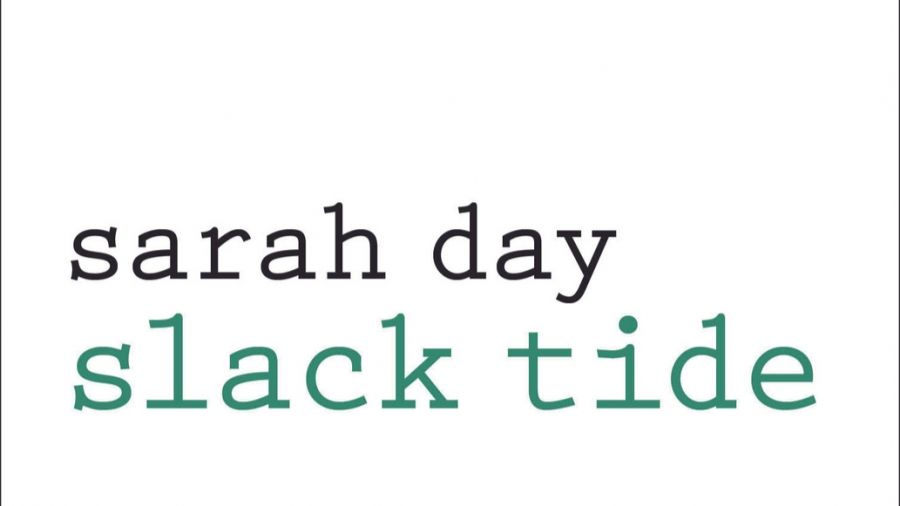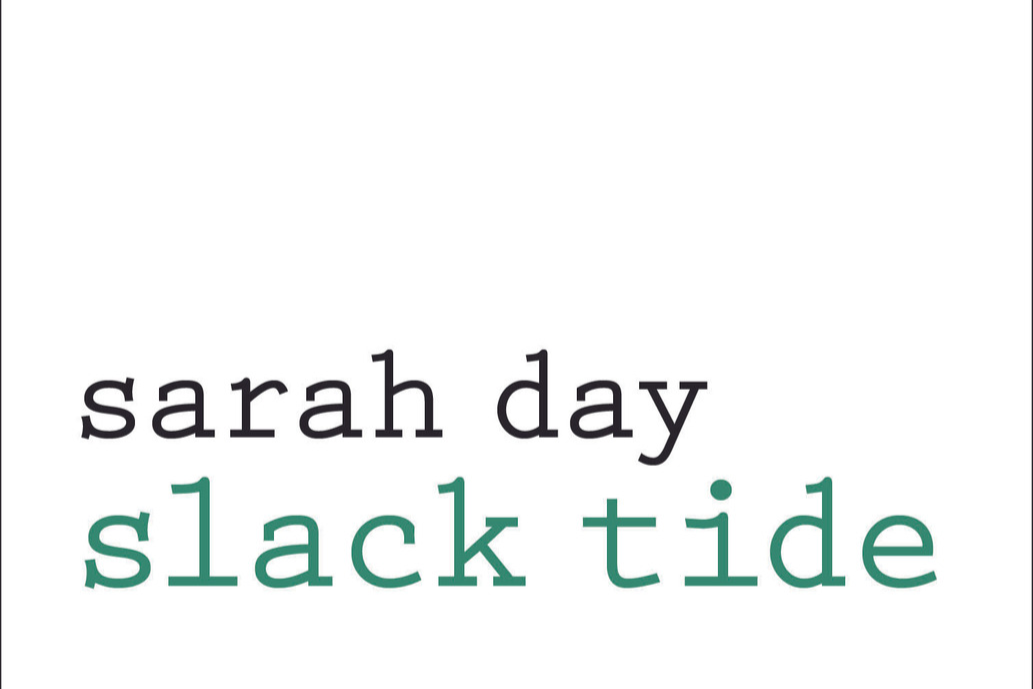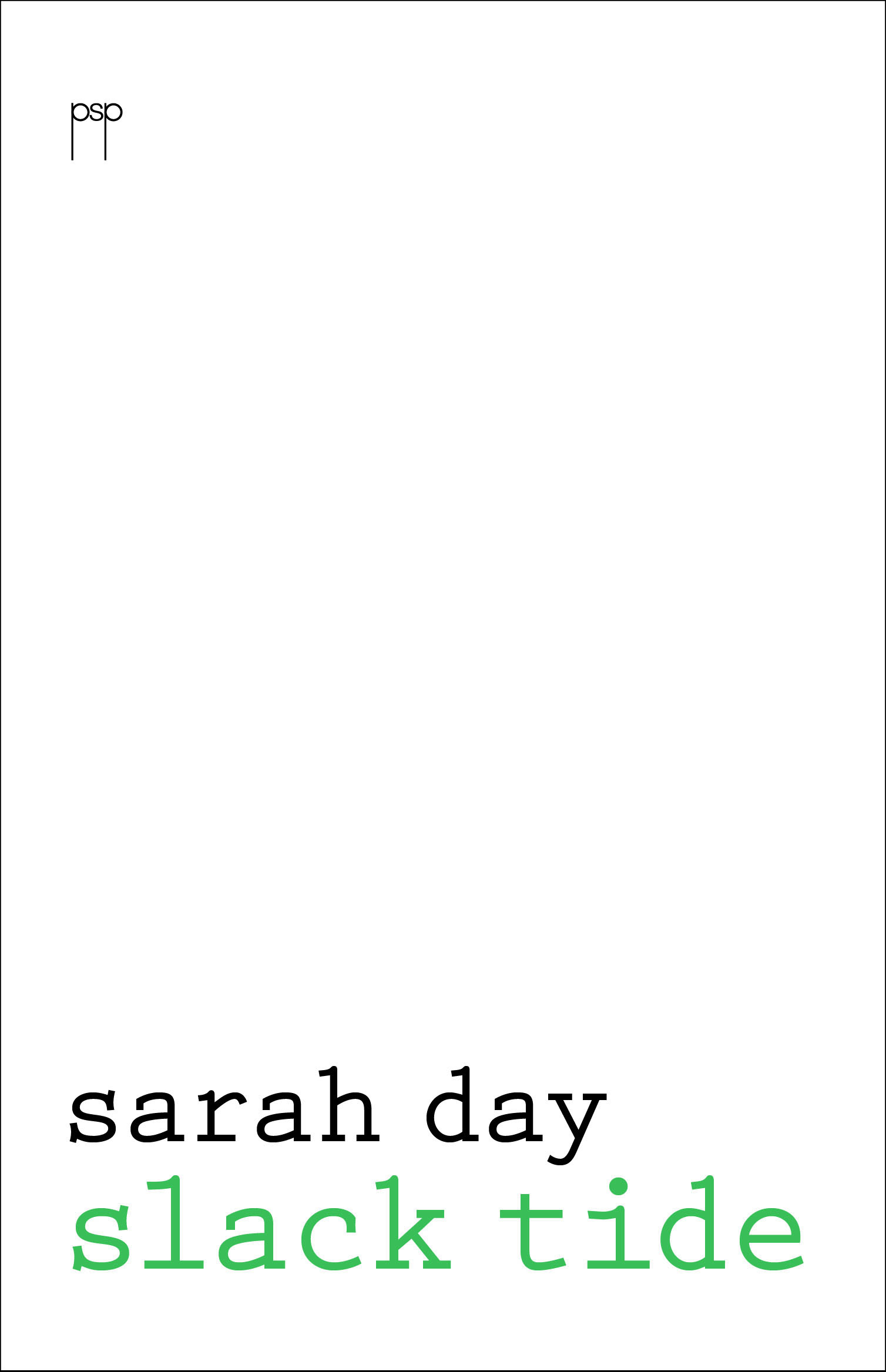
- Free Article: No
- Contents Category: Poetry
- Review Article: Yes
- Article Title: Tumult and poise
- Article Subtitle: Sarah Day’s ninth poetry collection
- Online Only: No
- Custom Highlight Text:
This is Sarah Day’s ninth collection and one of her most thematically diverse to date. She brings to the poems a thoughtful mix of environmentalism (particularly the unruly yet quiet presence of Tasmania’s natural beauty), her British roots (some of the best poems in the collection refer to the poet’s grandmother’s incarceration in an asylum), and a teacher’s precision with free verse. The poems are not overly experimental in terms of lineation, metre, language, or punctuation, and yet freshness of perspective and authenticity arise inevitably from the poet’s liquid observational engagement with the world’s affairs, whether this be with landscape, the global pandemic, racism, or science (planetary, oceanographic, microscopic).
- Featured Image (400px * 250px):

- Alt Tag (Featured Image): Jennifer Harrison reviews 'Slack Tide' by Sarah Day
- Book 1 Title: Slack Tide
- Book 1 Biblio: Pitt Street Poetry, $28 pb, 107 pp
- Book 1 Cover Small (400 x 600):

- Book 1 Cover (800 x 1200):

Mirror-like, on its ancient glacial plateau,
the lake is non-partisan in its view of civilisations.
Mayflies are hatching on its surface for their single day of life.
I hope these lines convey something of Day’s superb skill in layering and contrast: here, the ordinance of the natural landscape is stilled against the brutality of a distant war. The poem moves continually between time perspectives.
This collection seems to embrace the struggle of belonging to both a local and a global culture. There are few answers (the poems work best when lightly questioning what to make of our times). Early on, the book introduces us to the concept of ‘slack tide’: ‘the brief lull in the body of tidal water when the tide is neither coming in nor going out’.
This singular metaphor resonates throughout the collection, embracing wider dissonances, which question how best to live an ethical life. The definition of ‘slack tide’, quoted from Dr John R. Hunter, from the Antarctic Climate & Ecosystems Cooperative Research Centre, further notes: ‘although the surface of the water may appear almost to be stationary, it is no indication that the same is true beneath the surface; the various competing forces may give rise to a diversity of currents, some even flowing in opposite directions.’ This is a collection, therefore, that holds unseen tumultuous experience in conflict with surface poise. Again, the poet looks to make sense of the chaos ‘behind things’ and, in this way, the titular poem ‘Slack Tide’ holds the landscape close:
Water’s insistence grips the thighs,
disturbs and pacifies; deep mud
reminds us we were never invulnerable;
silver eels with intelligent faces examine ours,
assess our aptitude. The swoosh of waders
draws us into a primordial past, and,
in the watery iridescence, towards a vision of sorts –
Many poems grapple with contemporary meaning-making, including ‘Transhumanence’: ‘the air smelt / different, birds and all winged / things were the first to notice’; ‘Light Boats’: ‘It’s my own silence that is confused’; ‘Aldinga Cliffs, South Australia’: ‘At all times / there is this living with what some of us have done, / there is this under-the-skin knowing.’ A sense of discomfort shadows many poems. For instance, ‘Aral Sea’ begins bluntly, ‘The loss of a sea somehow reminds me of my missing kidney’, yet ends remarkably, ‘nor have I been to Uzbekistan. This does not mean the Aral Sea / has not lived in my imagination or that I have not felt its loss.’
Although some poems intimately address asylum seeker experience and the power imbalance between rich and poor communities, underpinning all experience is the planet. In a poem such as ‘Utopia’, the observer tries to fathom the rules of nature’s imperfect perfections:
Sea foam’s behaviour is flawless,
each macaroon island waits its turn
to break from mass and form a line,
no shove or jostling to join the slipstream
where the tannin creek runs full tilt at the blue sea.
The slack tide’s hidden turbulence is, surely, how global warming, the pandemic, the impact of colonialism increasingly affect voice, language, the essence of poetry making. I was moved, particularly, by Section 4, which references the mysterious mental health history of the poet’s ‘missing grandmother’, Alice (‘Standish’). The poem’s final lines – ‘I write these words in anger / and in tenderness. A harm was done’ – allow the poet full inhabitation of familial lived experience, as ‘The ear’s stylus / follows the rise and fall of accent’. Another turbulence is identified beneath the surface of familial history and, as in all these masterful poems, le travail humain does not dominate the natural world, but is explored compassionately in all its non-romanticised actuality, with it.


Comments powered by CComment